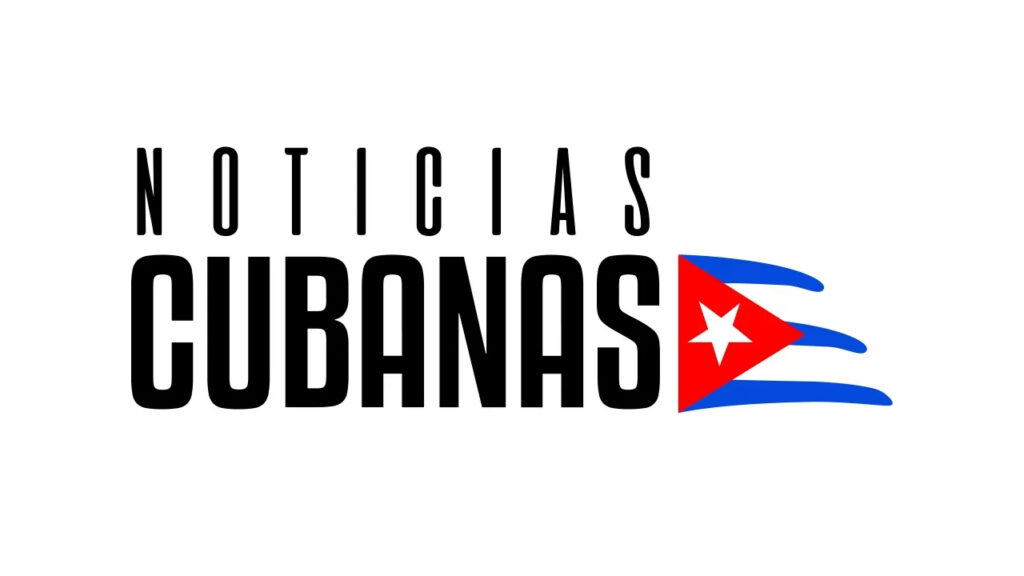On December 22, 1961, the leader of the Revolution Fidel Castro announced to the world the successful completion of the Literacy Campaign to provide education to more than 700,000 illiterate adult Cubans, a day of joy established since then as Teacher’s Day in Cuba.
It was only fair that such a popular deed led by an exceptional leader summarized the best definition of what would thereinafter be the date of one of the most beautiful and endearing Cuban civic celebrations.
The Commander in Chief recognized that Cuban youth, along with experienced professional patriots, had bravely defied both incredible obstacles and Goliath himself to achieve a victorious educational campaign, unparalleled in any other region of the world, in less than a year.
Although this in itself was great, it was not just about teaching more than 700,000 Cubans—23.6% of the population at the time—to read and write, thanks to the political will of their government and the generous efforts of the people: they did it in an extremely difficult year, the Revolution’s third, marked by increasing imperialist aggressions and an undeclared war which included fights against bandits, sabotage and terrorist acts, funds for the counterrevolutionaries and the mercenary invasion of Bay of Pigs in April, resoundingly defeated by the Cubans.
Nothing stopped the extraordinary Cuban youth, not even the vile assassinations of 19-year-old Conrado Benitez at the beginning of the campaign; 16-year-old Manuel Ascunce Domenech near its end, and other good compatriots engaged in the Campaign.
However, we cannot ignore the events leading up to the historical literacy program launched right after the triumph of the Revolution in 1959, when Fidel founded a 4,000-strong contingent of volunteer teachers, mostly young people, tasked with opening some 10,000 classrooms all over Cuba, an effort called the Comprehensive Education Reform, bound to change Cuba’s ominous past under the defeated dictatorship of Fulgencio Batista.
Fidel’s far-reaching project responded to everything he denounced in 1953, in the Moncada Program or in History will absolve me.
It was only natural that a true Revolution founded the National Commission for Literacy and Basic Education to teach thousands of Cubans across the Island to read and write. But the hard core of ignorance, even though hit, did not disappear.
On August 29, 1960, Fidel announced the decisive battle against ignorance for 1961. Despite the aforesaid dangers and threats, the campaign took place, as Fidel used his usual energy, optimism and creative verve to embellish Cuban daily life.
Different sectors of society joined in this stubborn and enthusiastic effort. Precisely the opposite of what the enemies were after.
From January to March of that year, the Conrado Benitez brigades were joined by some 100,000 young people from all over Cuba, including teenagers with schooling levels up to sixth grade, who would be the soul of the Literacy Campaign together with the Volunteer Teachers first and the Patria o Muerte (Homeland or Death) workers’ brigades at a later date.
Since June, the first thousands of literate people wrote thank-you letters to Fidel, who eventually praised Cuba youth’s role in the campaign.
It came with a high and sometimes painful price because of the lives lost, but it crystallized in the end, which makes it all the more precious.
Today, when the country is full of hope given the positive evolution of the fight against the pandemic, one cannot help but think that such a reality would not have been possible without the foundations laid by the unheard-of symbols of social justice that were the Comprehensive Education Reform Program and the Literacy Campaign.
These are not mere words to the wind. The great cultural, educational and scientific potential that today makes the children of this land proud would never have been possible without the boundless dedication and sacrifice of the first volunteer teachers and the literacy brigades or the political will of the triumphant Revolution that provided the main thing: the necessary conscientiousness and ideals.
Sixty glorious years have passed since then, during which more or less young or even older generations on end have strived to be worthy representatives of that lineage.
The fact is that Cuba, as a nation, has always had a tradition formed by illustrious educators who were at the root of our national identity and our independence ideology since the early 19th century and during the 20th century, a heritage as much valuable in these times.


